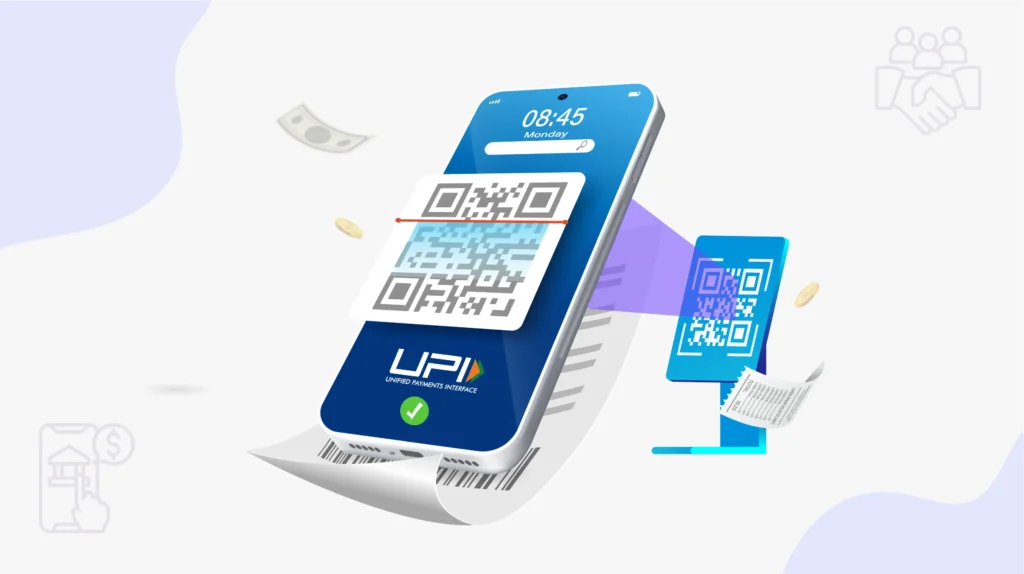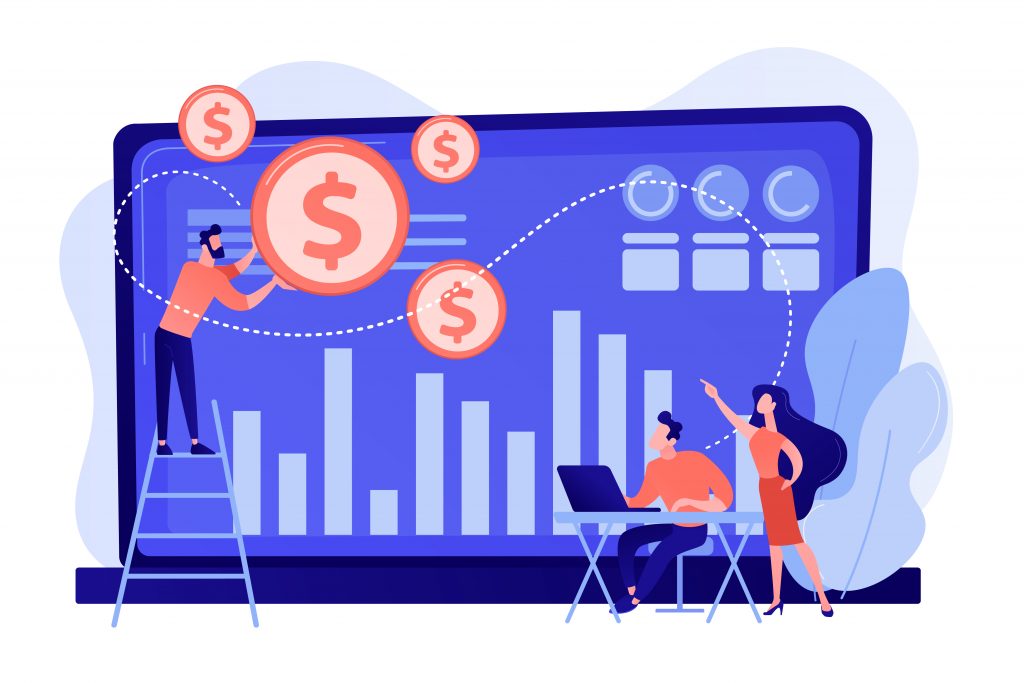Credit Line on UPI: A New Opportunity for Issuer Banks

Home / Blogs Table of contents What is Credit Line on UPI? Key Features Benefits for Banks Challenges for Banks Strategic Importance for Issuer Banks Conclusion The Unified Payments Interface (UPI) has transformed India’s digital payments landscape, and the introduction of Credit Line on UPI brings an exciting opportunity for banks to offer credit directly […]
Data Privacy in Fintech: Balancing Innovation with Consumer Protection in the Indian Market

Home / Blogs Table of contents The Significance of Data Privacy in Indian Fintech Challenges in Prioritising Data Privacy While Fostering Innovation Strategies for Prioritising Data Privacy at CARD91 The Role of Government and Regulatory Bodies Conclusion In a world that has moved to the internet and the mobile, data privacy is paramount. This is […]
THE ALCHEMY OF PAYMENTS BY-PRODUCTS- DATA MONETISATION

What is data monetization? Data Monetization refers to the process of using data to obtain quantifiable economic benefits. Earlier, payment providers were making money from the fees charged to merchants for accepting payments from their customers. But data monetization has become a new business model which generates customer insights from data via advanced analytics […]



